Thank you to Tenneson Woolf for sharing his resource for continuing the craft of asking good questions in Circle.
A Few Things About Asking Questions In Circle
It isn’t particularly new to know that the questions we ask of ourselves and with others are important. They guide learning. They guide inquiry. They guide insight. They guide the way we form community. They guide the way that we discover who we are, in community. It’s an old adage — “we grow in the direction of the questions we ask.”
Over the years, with many groups in learning, I’ve come to appreciate and nuance four particular categories of questions that help with such desires and efforts. Particularly useful when listening in Circle. Particularly from the premise that “all of life is relational.” Over the years, I’ve found these kinds of questions profoundly fruitful for deepening learning, belonging, and then the plans of action that grow from that.
Any of these question categories — Presence, Pocket, Pivot, Jedi — can be customized across many circumstances, whether the focus be a team, a family, a community, or an organization.
May they inspire. And bring a bit of clarity and courage.
Presence Questions help increase belonging. They help to nuance awareness. They help mix perspectives of the personal. They gently invite and give permission for people to show up as who they are. They create surprise.
What’s it like to be you (you on this team, now)?
What has your attention (in life, in our work as a team)?
What’s in your heart now (when you think of this team)?
Pocket Questions can be asked almost anywhere and in any setting. They invite connection through valuecentered wonder. They help create integration. They help reset ways of noticing together and of staying on task together.
What could we (this team) also be?
What are you learning (about what we are attempting)?
What is the bigger story here?
What is the simple story here?
Pivot & Purpose Questions return a group to the heart of what matters. They give permission for broad curiosity, that can then pivot to more localized sense-making.
What’s that got to do with what we are doing (learning, becoming)?
What is one thing you appreciate (about this team, this time), and why?
What is something that brings you alive in your life these days, and what might that have to do with what we are doing here?
Jedi Questions (Wizard Questions) attempt to move energy in a group — sometimes to get unstuck — by focusing on the most basic of human feelings that tend to appreciate and energize.
What is something you love about what we are doing?
What is something you are proud of here?
What is something that brought you joy in your day?
That’s all. May there be continued potency and practice in each of us, and in our respective fields of facilitation and helping groups of people go well, do well, and be well together.
Tenneson Woolf: I’m a 25+ years group process facilitator. I’ve been convening groups of people, counting on the relational and the aspirational to inform the occupational and the operational. I’ve done lots in faith communities. Lots in education. Lots in community organizations. I bring methodology, frameworks, and experiments that lift and celebrate the deeply human among us. I bring my love of learning and my intuitive listening to guide process for connection, learning, and practice. I rely on some basic group process forms of interaction among people — circle, story, small table conversations, and self-organized large group formats. I’m a poet — I love both writing and living in a way that invites and celebrates essence. I rely on weaving play, reflection, poetry, inquiry, and art. Living systems, self-organization, and emergence guide what I do. In all, I seek to bring more wisdom, kindness, helpfulness, and life-giving qualities to groups of people in what they most care about. Learn more at www.tennesonwoolf.com.


